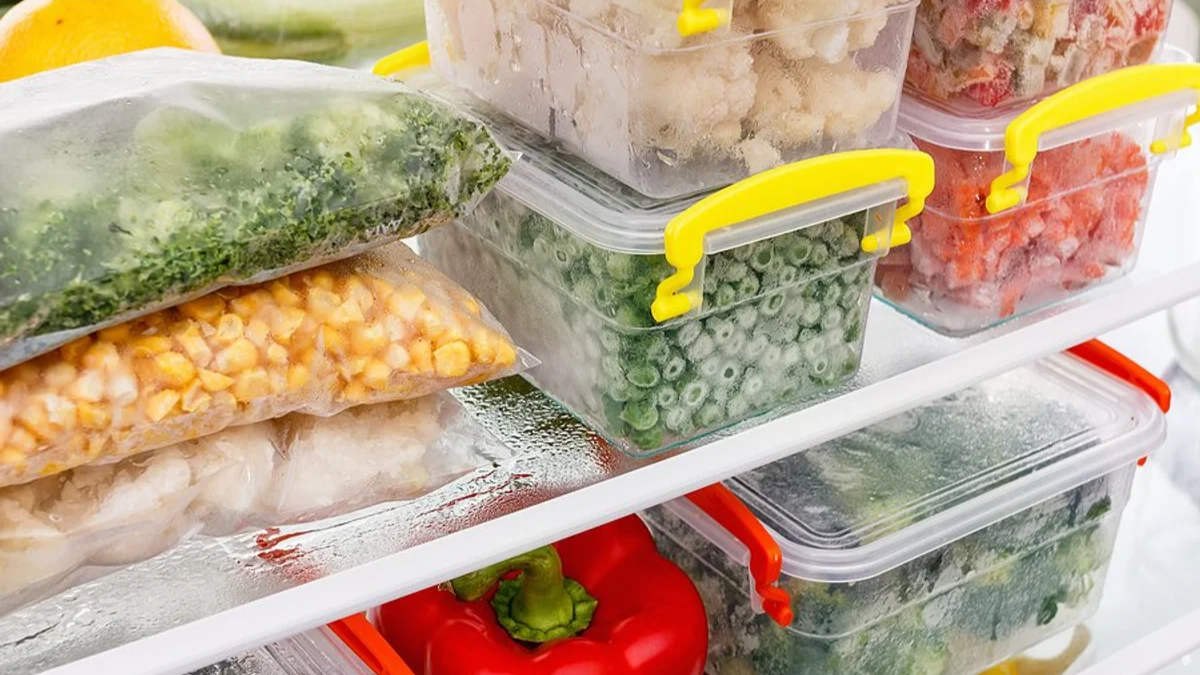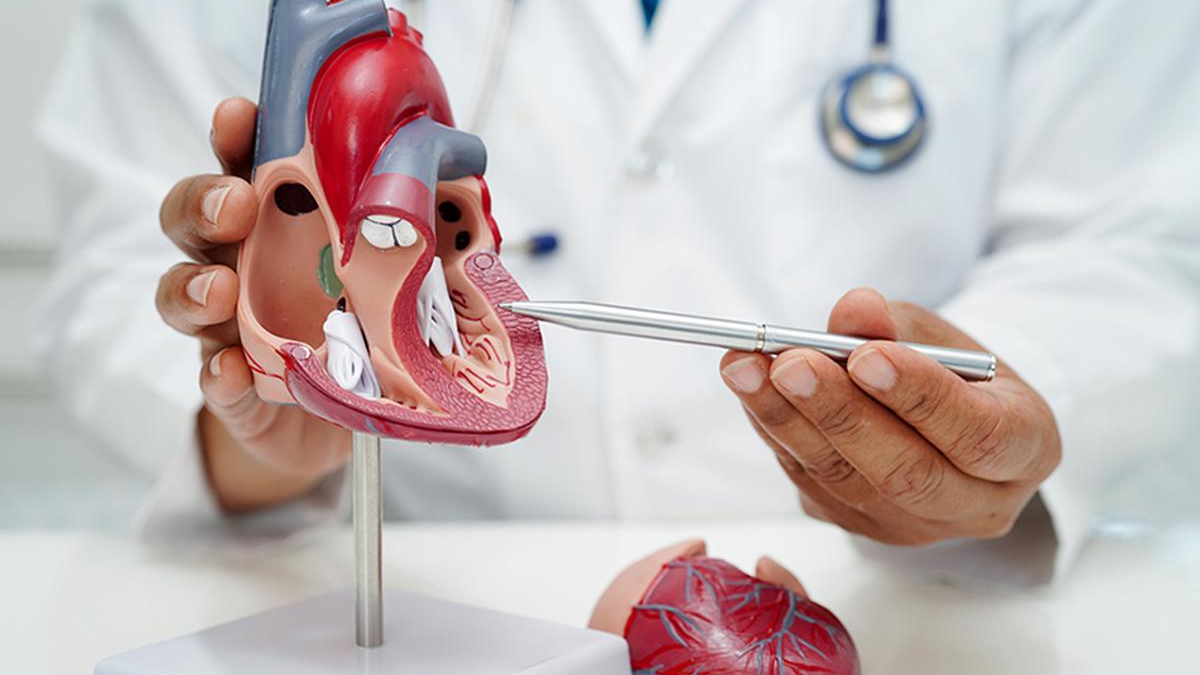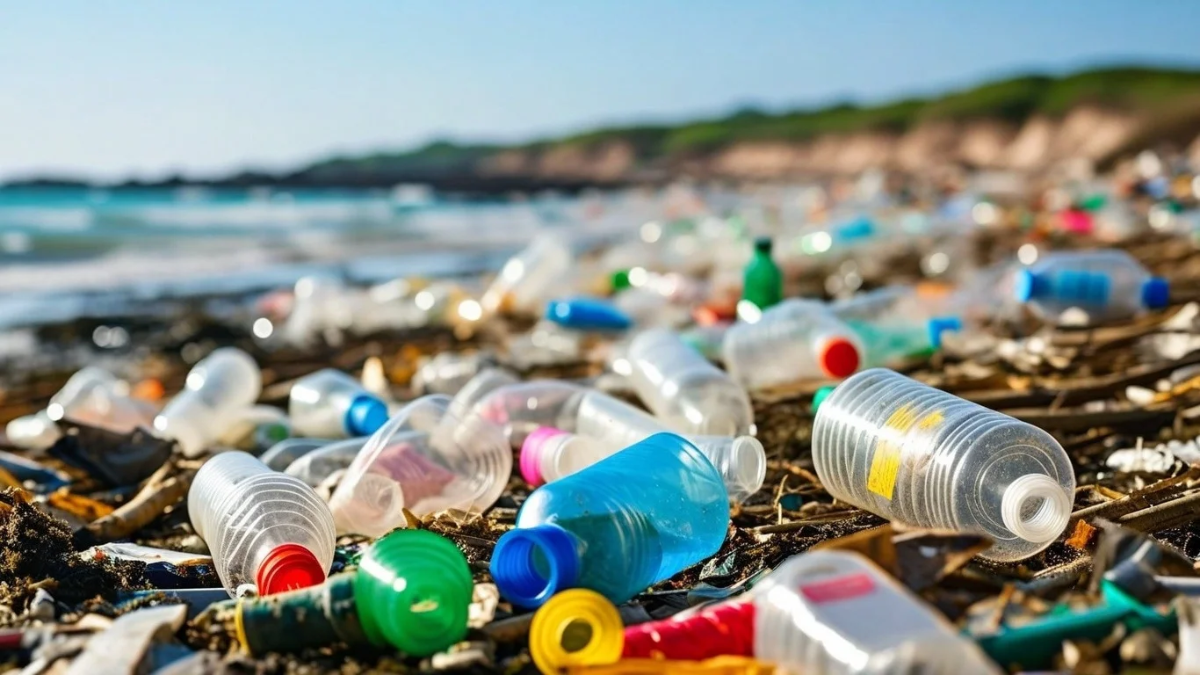
A groundbreaking study has sounded alarm bells over a silent but significant threat hiding in plain sight—plastics. Published in the journal eBioMedicine on April 28, the research warns that widespread exposure to certain chemicals found in plastics, particularly phthalates, may be driving up the risk of cardiovascular disease (CVD) in adults around the world. These chemicals, commonly found in items such as food containers, toys, soaps, and shampoos, could be contributing to hundreds of thousands of premature deaths annually.
Table of Content:-
The Hidden Dangers of Phthalates
Phthalates, especially di(2-ethylhexyl)phthalate (DEHP), are used to increase the flexibility and durability of plastics. But their health effects are becoming harder to ignore. The researchers behind the new study estimate that DEHP exposure accounted for more than 350,000 cardiovascular-related deaths globally in 2018 among individuals aged 55 to 64. This equates to over 13% of all CVD deaths in that age group.

Certain regions have been more heavily impacted than others. South Asia and the Middle East saw DEHP-associated death rates around 17%, while areas like Latin America, East Asia, and Canada reported about 13%. Australia and Africa followed closely with 12%. These variations are likely influenced by regional differences in plastic use and regulatory standards.
What Makes Plastics So Harmful?
Though the study was observational and stops short of establishing direct causation, experts suggest several mechanisms that could explain the link.
Also Read: Climbing Craze Comes With A Catch: Experts Warn Indoor Climbing May Harm Your Lungs
Dr Jayne Morgan, a cardiologist not involved in the study, notes that plastics may trigger chronic inflammation, suppress immune function, or exert direct toxic effects on the body. These processes can increase vulnerability to cardiovascular events like heart attacks and strokes.
Past studies have also linked phthalates to reproductive issues, obesity, asthma, and certain cancers. Under California’s Proposition 65, DEHP is listed as a substance known to cause cancer and reproductive harm, further underlining its toxicity.

Microplastics Are Everywhere
Plastics are not just a hazard because of what we can see—they also break down into microscopic particles called microplastics and nanoplastics. A 2024 study revealed that a single litre of bottled water can contain up to 240,000 nanoplastic particles. Even chewing gum has been shown to release microplastics with every gram.
In a recent 2025 study, scientists found microplastics embedded in arterial plaques, directly linking them to heightened risks of strokes and heart attacks. These tiny plastic particles enter the body through contaminated food, air, and water and are extremely difficult to eliminate from the environment or our bodies.
How You Can Reduce Your Plastic Exposure
Although avoiding plastics entirely may be unrealistic, health experts stress that there are practical ways to reduce daily exposure:

Limit Processed Foods
Processed foods are often packaged in plastic wrappers or containers. Choosing fresh produce, whole grains, and home-cooked meals can lower both your plastic and sugar intake.
Avoid Plastic Utensils and Containers
Swap plastic cutlery and containers for stainless steel, glass, or ceramic options. Refrain from heating food in plastic containers, as heat can cause harmful chemicals to leach into your meals.
Also Read: Fart Walks: The Surprising New Exercise Backed by Doctors for Healthy Ageing
Ditch Scented Products
Fragranced items like air fresheners, laundry detergents, and lotions often contain phthalates. Opt for fragrance-free or naturally scented alternatives instead.
Choose Safer Plastics
Avoid plastics labelled with recycling codes No. 3 (PVC), No. 6 (polystyrene), and No. 7 (other/mixed), as they are more likely to contain harmful additives like phthalates and BPA.
Building a Healthier Lifestyle
Ultimately, reducing plastic exposure is just one piece of the puzzle. Cardiologists emphasise the importance of holistic health practices: daily exercise, nutritious meals, stress management, and avoiding alcohol and tobacco. Dr Cheng-Han Chen recommends regular check-ups and adopting heart-friendly habits like lowering sodium intake and maintaining a healthy weight.
Bottomline
This latest research reinforces growing concerns about the impact of synthetic chemicals in our environment. As plastic continues to permeate every aspect of modern life, its hidden consequences—especially on heart health—are becoming increasingly hard to ignore. While more research is needed to confirm a causal relationship, the evidence is compelling enough to warrant caution and lifestyle changes. Reducing plastic exposure, even in small ways, may offer big benefits for your heart and overall health.
Also watch this video
How we keep this article up to date:
We work with experts and keep a close eye on the latest in health and wellness. Whenever there is a new research or helpful information, we update our articles with accurate and useful advice.
Current Version